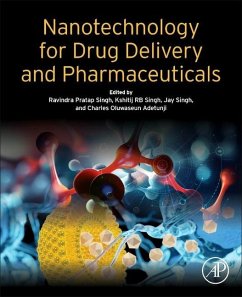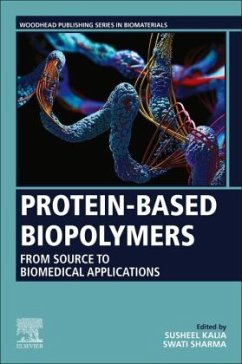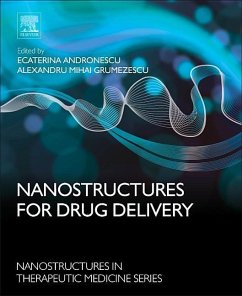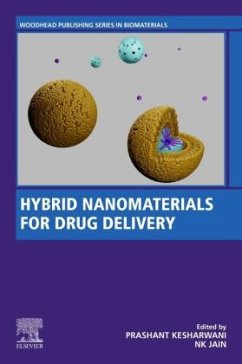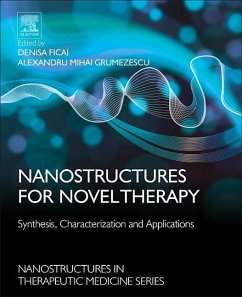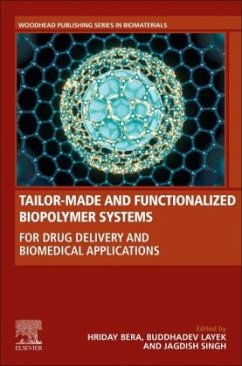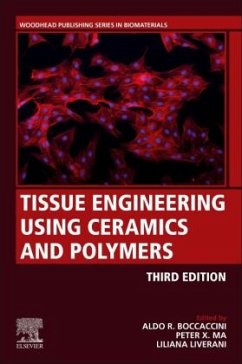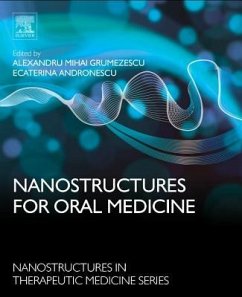
Novel Platforms for Drug Delivery Applications

PAYBACK Punkte
116 °P sammeln!
Novel Platforms for Drug Delivery Applications covers diverse aspects in the design, synthesis and characterization of novel drug delivery platforms and devices. This book comprehensively details the development, application and performance of various novel molecular frameworks as potent drug delivery vehicles. Chapters cover a range of materials and molecular platforms for drug delivery, from hydrogels, nanocarriers and metal-organic-frameworks, to ?-cyclodextrin and polyphosphazene. Each chapter discusses the benefits and limitations of each drug delivery system, as well as toxicological and...
Novel Platforms for Drug Delivery Applications covers diverse aspects in the design, synthesis and characterization of novel drug delivery platforms and devices. This book comprehensively details the development, application and performance of various novel molecular frameworks as potent drug delivery vehicles. Chapters cover a range of materials and molecular platforms for drug delivery, from hydrogels, nanocarriers and metal-organic-frameworks, to ?-cyclodextrin and polyphosphazene. Each chapter discusses the benefits and limitations of each drug delivery system, as well as toxicological and safety implications. This book offers an interdisciplinary approach to this fast-moving topic, bridging the disciplines of materials science and pharmacology.




